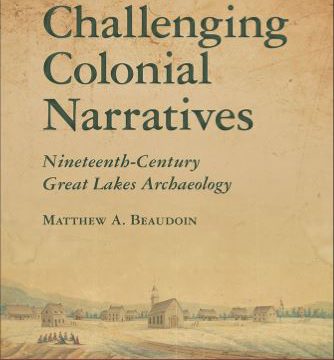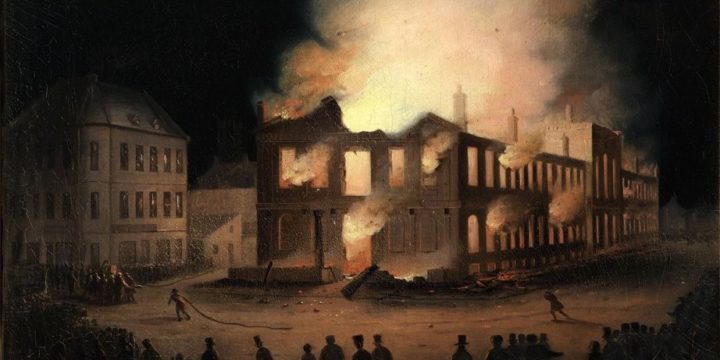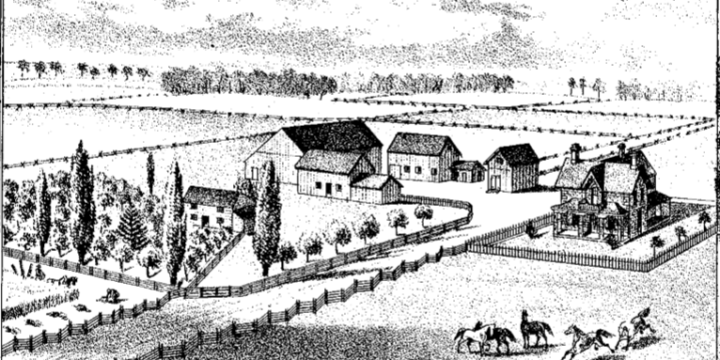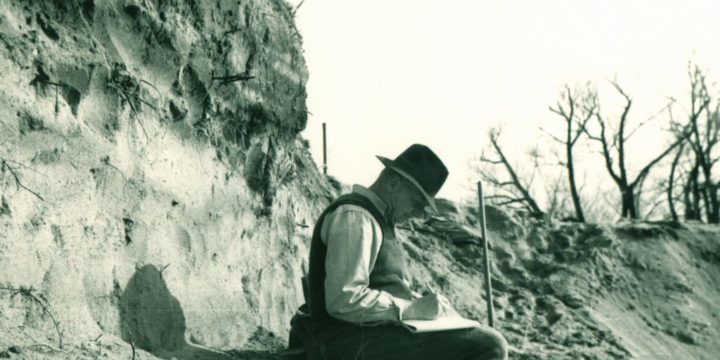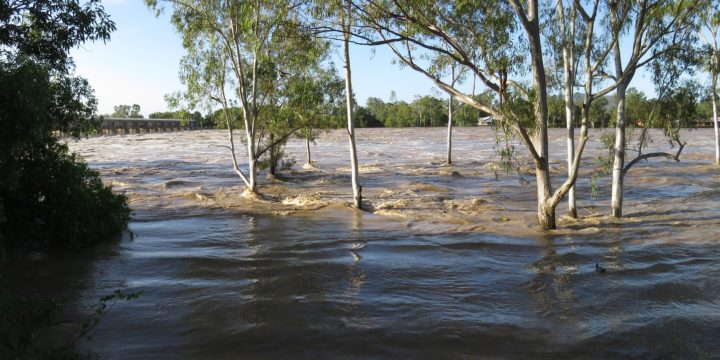
The Lost and Found of Material Heritage through Flooding
The Lost and Found of Material Heritage through Flooding Last month we documented the impact fires can have on documentary and material heritage. This month we discuss the impacts and opportunities that flooding generates. Although we didn’t feature it last month, focusing instead on destructive outcomes, fire can also lead to positive heritage outcomes, one example being the work of the Skeetchestn community and archaeologist Joanne Hammond after this year’s forest fires in British Columbia. This “post-fire” survey is an innovative approach to archaeology that replicates recent post-flood surveys in other parts of the country. However, like fire, flooding also threatens collections of heritage materials. Natural Disasters to Plumbing and Drainage Failures to Intentional Large-scale Floods In addition the widespread effects of watercourse flooding cycles and the effects of…

